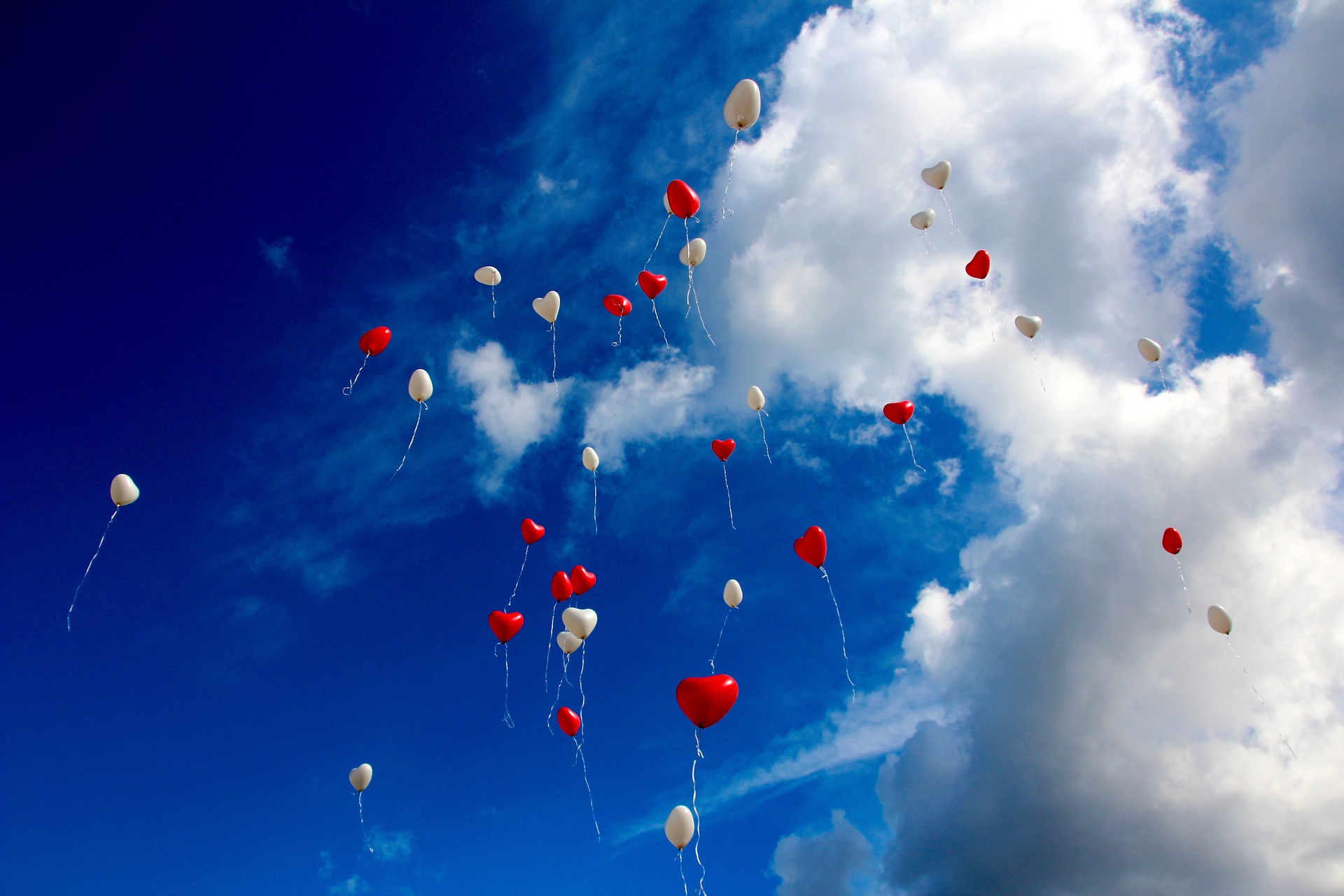I take time every day to reflect on who I am and my position in this world. Sometimes it takes a lot of time depending on the volume of exposures per day, whether the exposures are novel or not, or how complex the concept I am trying to wrap my head around appears to be or actually is.
And of course, I have to factor in my pain, energy, and functional ability levels…the only thing that makes me occasionally feel a very low-grade envy is for individuals who do not need to put any effort into these considerations. They can push themselves beyond these elements – something I cannot do unless I want to suffer the consequences of more pain, more fatigue, and less ability to function. Sigh* The catch-22. I would like to do more sometimes, but if I do, ultimately I end up doing less overall because I have to recuperate from over-exertion.
Here’s the pro tip: Reflection helps me monitor myself in the three areas I mentioned. I am always testing myself to see where my thresholds are and ways I can adjust them to increase my capacity.
Sigh* Overall though, I wouldn’t really describe the occasional emotion I feel related to this concept as envy, but more as frustration. Being a person who has learned emotions from scratch, I understand how sometimes we can control our emotions if we put effort into developing them. We don’t always have control at first, especially if we don’t understand them, but we can gain better control with practice. I purposefully choose not to cultivate jealousy because of the incredible damage it can do. Frustration though is a feeling I have accepted as inherently part of my life. I understand that very, very, few exist in the space I do and therefore I cannot expect many to understand how it is possible for someone like me to operate in a world where my type is not typically found.
Seriously, how many 4.5-year-olds/26-year-olds out there are there??? Find me! Help them find me!
I’m nervous. I know a lot of people with memory conditions are frustrated or afraid, and I am there with you. Sometimes I forget how old my body is. Sometimes I look in the mirror and I am perplexed to see my “shell” is a full-grown Chinese lady. Sometimes my friends will ask me if I remember something and I earnestly do not. Sometimes I am just living my life and flashes from the past just come in spurts (PTSD). Sometimes I meet people twice because I cannot remember meeting them the first time. Sometimes I feel like a stranger to myself. Despite this and more, I try not to let this hold me back.
Even though I sometimes feel alienated or alone in this weird space where I fluctuate between being really abled and really disabled, where there is no sense of time, where memories are not guaranteed – I am grateful because I am not alone.
Trauma is extremely silencing. Before I actively put effort into finding those like myself (those with traumatic brain injury, or TBI); it was those from the communities of people with cancer, HIV, lupus, autism, bone diseases, bipolar disorder, Alzheimer’s, and many other chronic conditions who stood with me and taught me as I learned to cope with everything that comes with being sick for what seems like forever.
Those from the communities of individuals who are not part of the 117 million people with at least one chronic condition helped me”catch-up” from having lost so many years of memories. The genuinely kind and compassionate ones helped bring me into their space. They supported and included me when others did not.
These are my heroes because they saved me from being swallowed by despair. They help me stay strong even when I am not interacting with them often. They are helping me pave a path so that if anyone else enters the land of trauma or memory disorders, or any brain-related condition, there is a way out of the dark.
About a month ago, a person I know decided to read this blog and called me on the phone to say, “Do you have a moment to talk?” I said yes, and they found me where I was situated. I was surprised to see them because I didn’t talk to them very much before. They said, “I read your blog and I just want you to know you are not alone.”
At this first meaningful encounter, this person hinted that they had gone through some similar experiences but did not divulge many details. It was clear to me that this conversation made them feel really uncomfortable, but there was also a sense of relief? Slight comfort? Freedom? (I’m not sure, but it seemed good). They were proud of me for being open but recognized they would not be at a place to speak their truth for many years to come. I can understand that. Stigma has a way of burying one’s voice.
But earlier this past week, we reconnected and they shared with me how similar their experience was to mine. They did beg me not to tell anyone because of fear of how it would compromise their life. I can relate to that. When you have an invisible disability or condition – it is your choice to hide. And I agree it is often easier to hide health issues than to be judged negatively or overly sympathetically or have to explain yourself all the time. Even with some of my friend groups I never talk about it with them because I like having people who don’t “other” me and they just treat me like everyone else.*
In all, I am incredibly impressed by this individual and told them they were my hero. I am glad to know that not only am I not alone in one of the spaces we share, but they know they are not alone either. I am grateful to all the individuals who tell me I inspire them because they inspire me. The inspired, inspire.
With that being said, in the words of President John Quincy Adams:
“If your actions inspire others to dream more, learn more, do more and become more, you are a leader.”
Be a leader and inspire others to do what is right. Look around you, it may not be obvious, but there are many heroes who may not have revealed themselves yet. Be continuously and indiscriminately kind and then you will be a hero who may nurture future heroes to rise.
*Overall, even my friends who do know about my condition, a lot of them don’t treat me any different, except when I’m going “down”, or I need to be in a safe space to recuperate, or they want to expose me to a possible new experience, or to make me feel more joy.
I do practice sharing my experience because I want to destigmatize disability, mental health, and the label of being a traumatic brain injury (TBI) survivor. I want to encourage one of the most closeted populations to emerge and be heard, to not suffer in silence alone. I prefer for others to know so that they can have a better awareness and understanding of how difficult the healing process can be and ways that they can be helpful if they want and practice compassion. Finally, there is always this simple concept: others cannot help you if they do not know what is wrong.
If this post inspires you to say something, let us know!! Tag us @theMindReset. If as a result, someone ends up treating you poorly, or turning their back on you, or ignoring you or making you feel like your words are not valued, I just want to remind you that this speaks much greater volumes about that person’s character and has nothing to do with your self-worth. Aw man, I know, that doesn’t stop it from hurting…but the pain does get less painful when your spirit becomes stronger. You are not alone. The MindReset community will stand with you.

Please do not hesitate to reach out to the MindReset community.
The MindReset is a community of individuals who seek to inspire a social movement geared toward creating a more Supportive, Inclusive, Compassionate, and Kind society where anyone and everyone has the opportunity to thrive.
- Facebook: https://www.facebook.com/theMindReset/
- Instagram: @The_MindReset
- Twitter: themindreset
- #TheMindReset #TMR #SICK
- e-mail: themindreset@gmail.com


